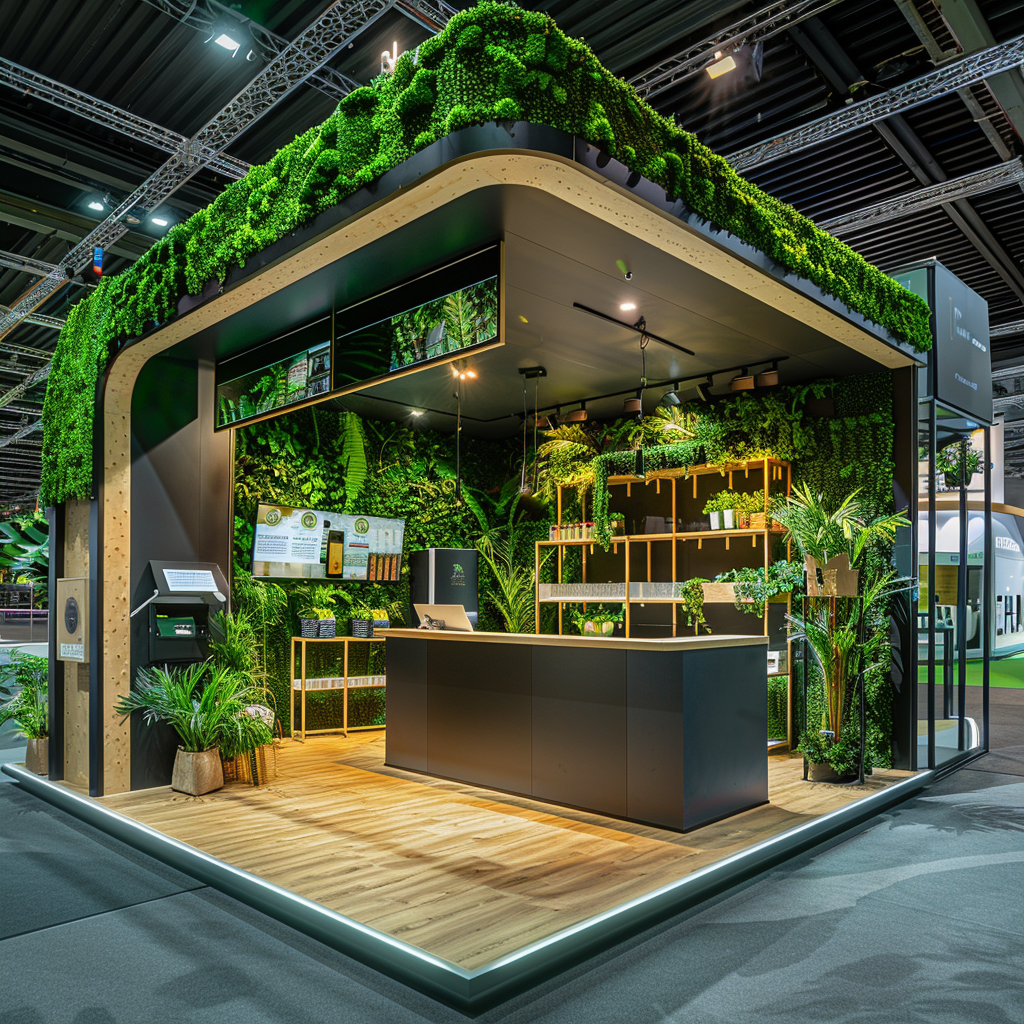
Minimize energy consumption by utilizing energy-efficient lighting and equipment. LED lighting, for example, not only consumes less energy but also has a longer lifespan. Consider alternative energy sources such as solar or wind power, and always ensure that equipment is turned off when not in use. This not only reduces costs but also demonstrates a commitment to sustainable practices.
In an era where environmental consciousness is at the forefront of global conversations, the events industry is not exempt from the call to action. Executing an event comes with inherent environmental impacts, from energy consumption to waste generation. However, with careful planning and commitment, event organizers can adopt sustainable practices that not only reduce their ecological footprint but also contribute to a positive and lasting legacy. In this article, we will explore the essential sustainability requirements to consider when executing an event.
- Venue Selection: The Foundation of Sustainability
Choosing the right venue is the first step towards hosting a sustainable event. Opt for spaces that have implemented eco-friendly practices, such as energy-efficient lighting, waste reduction programs, and sustainable transportation options. Proximity to public transportation can also encourage attendees to use greener modes of travel, reducing the overall carbon footprint of the event.
- Energy Efficiency: Illuminating the Future
- Waste Management: From Waste to Resource
Effective waste management is crucial for any sustainable event. Implement a comprehensive waste reduction strategy that includes recycling bins, composting options, and a minimal use of single-use plastics. Collaborate with vendors who share your commitment to sustainability and prioritize reusable or compostable materials. Clearly communicate the importance of waste reduction to attendees and encourage responsible disposal practices.
- Sustainable Catering: A Feast for the Planet
The food and beverage aspect of an event can have a significant impact on its overall sustainability. Choose locally-sourced, organic, and seasonal ingredients to support local farmers and reduce the carbon footprint associated with transportation. Minimize food waste by accurately estimating attendance numbers and donating excess food to local charities. Opt for reusable or compostable serving materials to further reduce waste.
- Transportation: Navigating the Green Route
Encourage sustainable transportation options for both organizers and attendees. Promote carpooling, provide bike racks, and offer incentives for the use of public transportation. If feasible, organize shuttle services with fuel-efficient or electric vehicles. By addressing transportation, you not only contribute to lower emissions but also enhance the overall accessibility and convenience of your event.
- Technology and Communication: The Digital Revolution
Embrace digital solutions to reduce paper waste and streamline communication. Utilize event management platforms, mobile apps, and electronic ticketing systems to minimize the need for physical materials. If printed materials are necessary, opt for recycled or sustainably sourced paper. Leverage social media and online channels to disseminate information, reducing the environmental impact associated with traditional promotional methods.
- Community Engagement: Fostering Lasting Impact
Sustainability extends beyond the event itself. Engage with the local community to create a positive and lasting impact. Support local businesses, involve community organizations, and contribute to environmental initiatives. Share the sustainability goals of your event and encourage participants to adopt eco-friendly practices in their daily lives.
Conclusion:
Executing a sustainable event requires a holistic approach that considers every aspect of the planning and execution process. By making informed choices and prioritizing eco-friendly practices, event organizers can not only reduce their environmental impact but also set a positive example for the industry. Sustainability is not just a trend; it’s a responsibility that can pave the way for a greener, more conscious future in event management.

